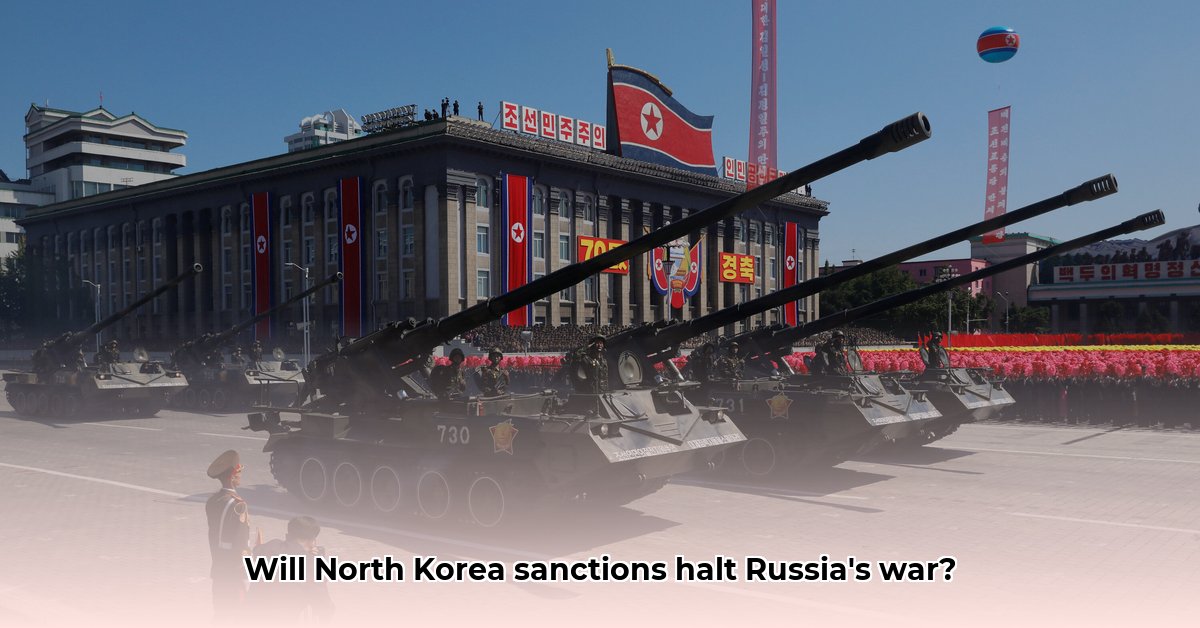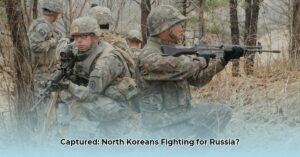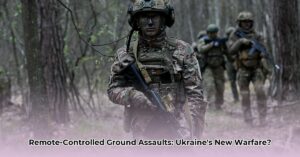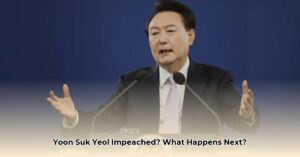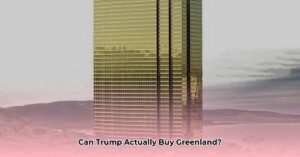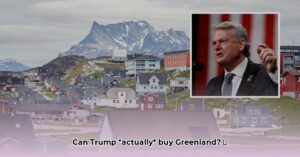North Korea’s covert support for Russia in the Ukraine war has triggered a new wave of international sanctions. This article provides a comprehensive analysis of North Korea’s involvement, the evidence supporting these claims, the specific sanctions imposed, their potential impact, and the broader geopolitical implications.
Evidence of North Korean Involvement
Several lines of evidence suggest North Korea’s complicity in aiding Russia’s war effort:
-
Troop Deployments: Reports, primarily from Ukrainian sources, indicate the presence of North Korean troops in Russian-controlled areas near the Ukrainian border, and possibly within Ukraine itself. These reports often mention captured soldiers allegedly of North Korean origin, disguised in Russian uniforms and carrying false identification. While independent verification in active war zones is challenging, the persistence and detail of these reports warrant attention.
-
Intercepted Communications: Intercepted communications, purportedly in Korean with distinct North Korean accents, suggest coordinated military activities between the two nations. While the exact content of these intercepts remains undisclosed, their existence lends credence to claims of collaboration.
-
Military Cooperation Agreement: A pre-existing military pact between Russia and North Korea, though its specific applicability to the current situation remains ambiguous, provides a framework for understanding potential motivations for North Korean involvement.
-
Potential Resource Exchange: Experts speculate that North Korea’s support is not altruistic. Russia, facing its own sanctions, may be providing North Korea with vital resources like oil and gas, circumventing international restrictions and bolstering North Korea’s struggling economy in exchange for military aid.
Timeline of Sanctions and Key Events
This timeline highlights the progression of events leading to the imposition of sanctions:
| Date | Event |
|---|---|
| Late 2022 | Initial reports emerge of North Korea supplying artillery shells and rockets to Russia. |
| Early 2023 | US intelligence reveals more substantial military transfers, including missiles. |
| Mid-2023 | Evidence of continued military assistance mounts, prompting public accusations from the US. |
| August 2023 | The US Treasury Department imposes sanctions on North Korean trading companies and individuals. |
| September 2023 | The European Union sanctions North Korean officials and Chinese entities facilitating arms transfers. |
Details of International Sanctions
The following table summarizes the sanctions imposed:
| Sanctioning Entity | Date Imposed | Targets | Measures | Legal Basis |
|---|---|---|---|---|
| US Treasury | August 2023 | North Korean trading companies, individuals | Asset freezes, trade restrictions | Executive Order |
| European Union | September 2023 | North Korean officials, Chinese entities | Asset freezes, visa bans | EU Council Regulations |
International Response and Legal Framework
The international response has been marked by widespread condemnation, though unified action has been hampered. The UN Security Council, due to Russia and China’s veto power, has been unable to impose new sanctions, limiting its response to expressions of concern. This underscores the limitations of international bodies in addressing conflicts involving powerful member states.
Impact of Sanctions and Geopolitical Implications
Assessing the impact of sanctions on North Korea is complex. The country is already heavily sanctioned, raising questions about the effectiveness of additional measures. Some analysts suggest that targeted sanctions, focusing on specific individuals and entities, may be more impactful than broader restrictions. However, North Korea’s history of circumventing sanctions through illicit networks poses a significant challenge.
The growing partnership between North Korea and Russia presents significant geopolitical implications. This alliance of isolated nations could reshape the regional security landscape, potentially exacerbating tensions on the Korean Peninsula and undermining international non-proliferation efforts. Further research is needed to fully understand the long-term consequences of this evolving dynamic.
Conclusion
North Korea’s support for Russia in the Ukraine war has introduced a new layer of complexity to an already volatile global situation. The international response, while swift, faces challenges due to political divisions and North Korea’s experience in evading sanctions. The long-term impact of these sanctions, both on North Korea and the broader geopolitical landscape, remains uncertain and requires ongoing monitoring and analysis. The situation is fluid, and future developments could significantly alter the trajectory of this complex interplay of international relations.

